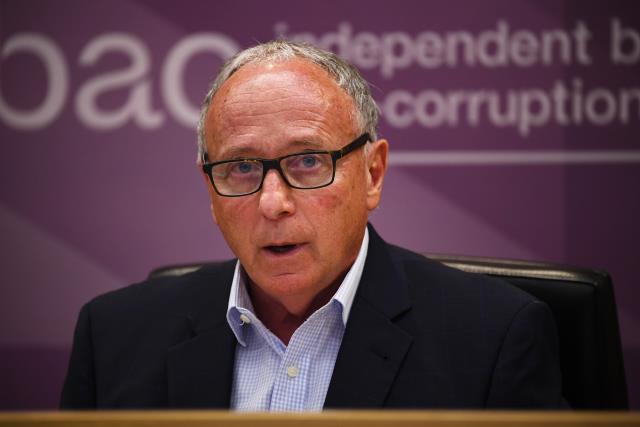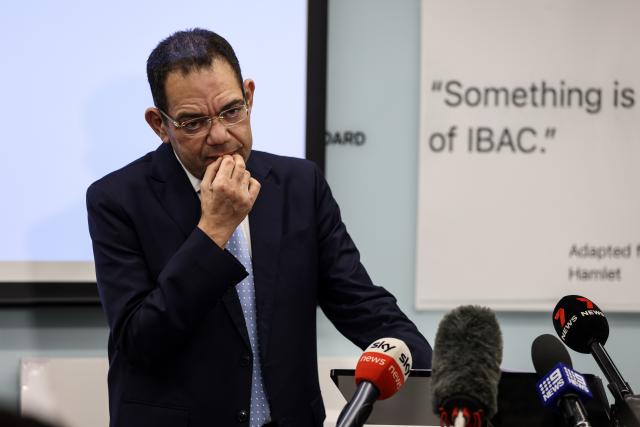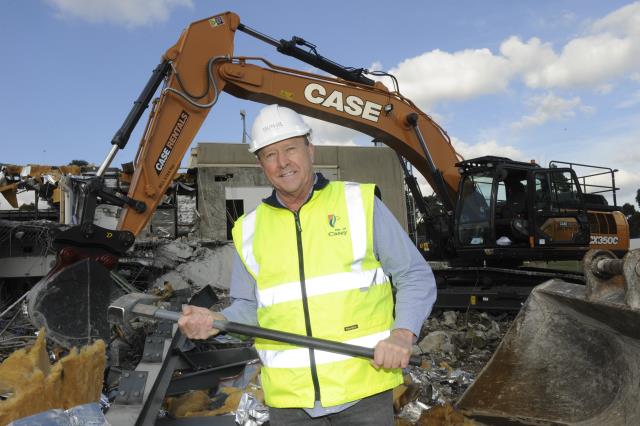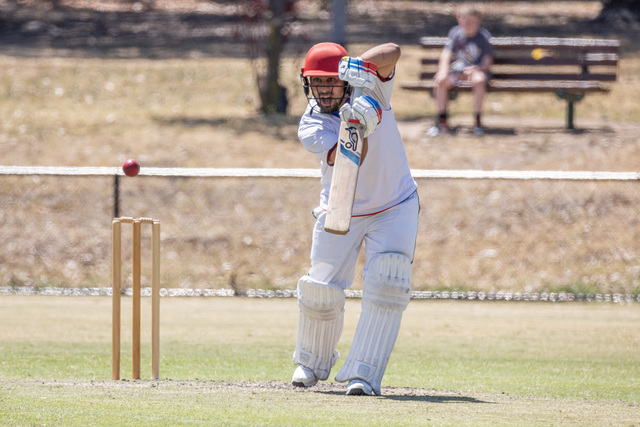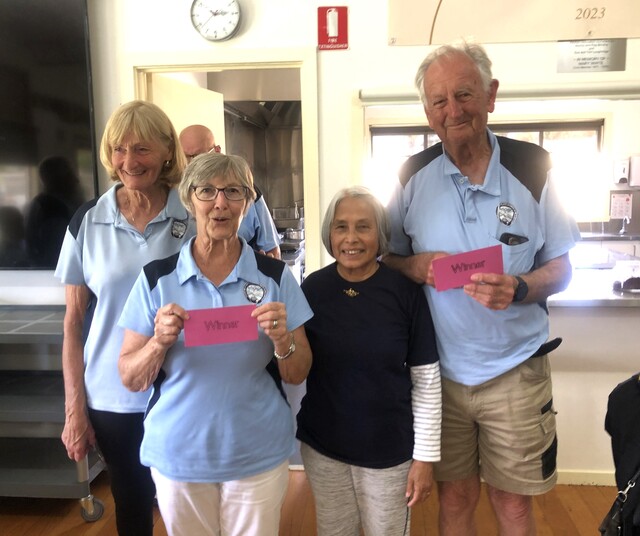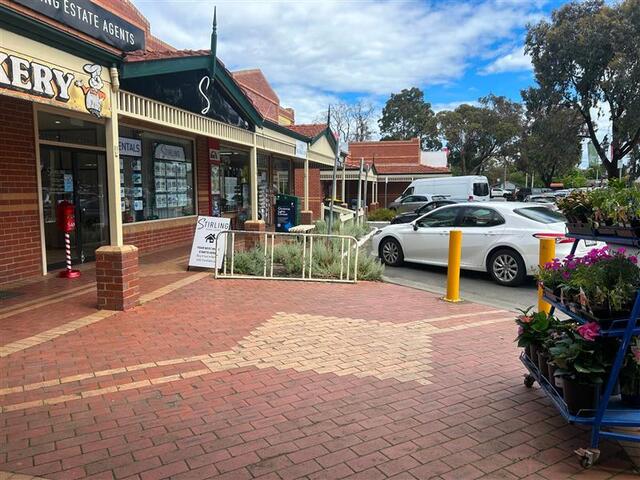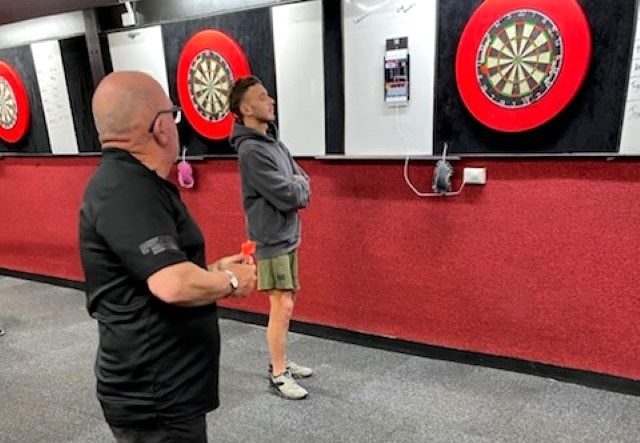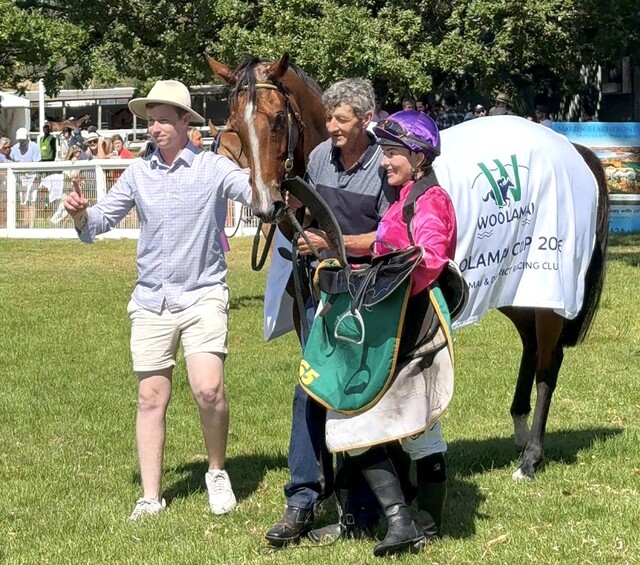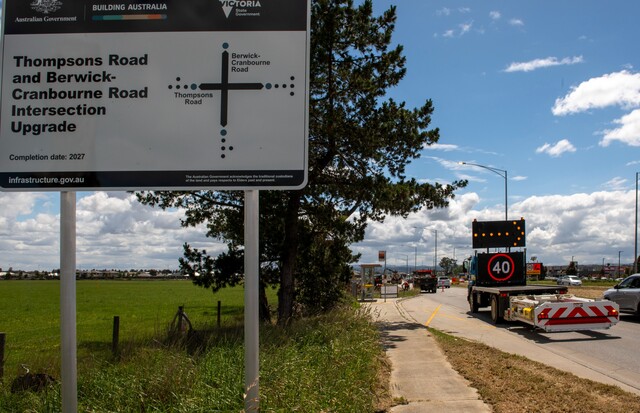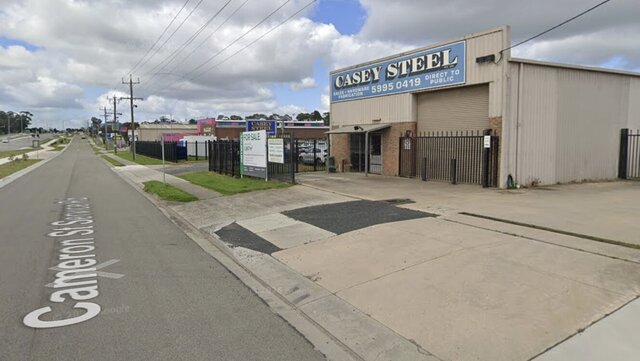Former Casey mayors grilled in the Operation Sandon investigation have called for IBAC to cease holding examinations in public “under any circumstances”.
A joint submission from former Casey mayors Sam Aziz, Lorraine Wreford and Janet Halsall as well as Bob Halsall and Bernard Lee to a State Parliament inquiry states public examinations – and media access to transcripts – make it “impossible for IBAC to avoid inflicting reputational damage” on witnesses.
However, a former IBAC commissioner who oversaw the Operation Sandon inquiry has submitted to the Parliament inquiry for wider powers for public examinations.
Robert Redlich argued to remove the “exceptional circumstances” requirement for public examinations.
“Public hearings serve the public good.”
Some of the benefits listed by Redlich include transparency, deterring corruption, increasing the public’s faith in IBAC and increasing IBAC’s accountability to fairly treat witnesses.
“One need look no further than the secrecy surrounding IBAC’s large number of private examinations over the last decade to see how it has provoked continuous public criticism and distrust over its hidden processes.”
Redlich argued it was “highly unlikely” that an IBAC witness’s reputation would be “unreasonably damaged” in public inquiries.
This was because IBAC had to be satisfied that the evidence likely established the witness’s alleged misconduct.
Aziz and Wreford were among several councillors, MPs and developers publicly interrogated during Sandon’s examination of serious corruption allegations involving planning and development decisions in Casey.
Adverse findings were made against some witnesses. As yet, none of them have been charged.
Meanwhile Janet Halsall resigned from her staffer role in Federal MP Jason Wood’s office after being named in evidence heard during Sandon.
“Each time IBAC holds a public hearing they are contravening their own Act which states that they must not hold public examinations if this will result in reputational damage for witnesses,” the submission stated to the Adequacy of the Legislative Framework for the Independent Broad-based Anti-corruption Commission (IBAC) inquiry.
Former mayor Amanda Stapledon took her own life while believing she was headed for jail over corruption allegations raised at Operation Sandon, a State Coroner found.
IBAC subsequently confirmed it was not contemplating charges against Stapledon nor referring her for prosecution.
During Sandon, then-Local Government Minister Adem Somyurek sacked Casey’s councillors and installed a panel of administrators to oversee the council in 2020.
According to Aziz and Wreford’s submission, witnesses suffered “catastrophic outcomes” such as severe mental health issues due to not being told when “stringent confidentiality requirements” were lifted.
Resulting media coverage had caused “innocent bystanders” – not under investigation, but referred to in the investigation – losing jobs, livelihoods, health and relationships, the submission stated.
IBAC had presented a report to Parliament after the examination of “innocent witnesses” but hadn’t provided updates on the witnesses’ “fate for literally years”, the ex-mayors claimed.
“This has had huge impacts on the welfare of witnesses, as they cannot move on and rebuild their shattered lives until they have final confirmation from IBAC that no further action is to be taken.”
Public examinations also “(render) it impossible to find an unbiased jury” if there’s a formal prosecution, the ex-mayors argue.
Redlich, in his submission, also called for broader investigation powers to explore ‘grey’ or “soft” corruption.
He submitted that IBAC was limited to examining misconduct that could be deemed as criminal, such as for financial gain.
But many forms of misconduct were not for financial gain but for political party interest or political power or favour which “serves an interest at the expense of the public interest”, he argued.
It leaves an increasing band of “grey” misconduct due to the changing nature of executive government – in which ministers were surrounded by “political” advisers.
The ALP-branch stacking inquiry Operation Watts – which had a strong focus on the South East – didn’t uncover any crime but instead “serious misconduct designed to favour political interests which corroded decision making in the public interest”, Redlich argued in his submission.
“The public response from the primary person of interest was that there were no findings of corruption.
“As the Ombudsman and I stated, this grey corruption has precisely the same deleterious effects on the public good as a crime, but it is far more prevalent.”
Local government opposition spokesperson Beverley McArthur recently called for answers as to why there has not been a single charge against Sandon witnesses given the scale and severity of the allegations.
Currently, the Operation Sandon report and documents are not available on IBAC’s website.
“Sandon sullied the reputations of many individuals – who deserve to know whether they will be charged or not.”
The State Government was contacted for comment.

